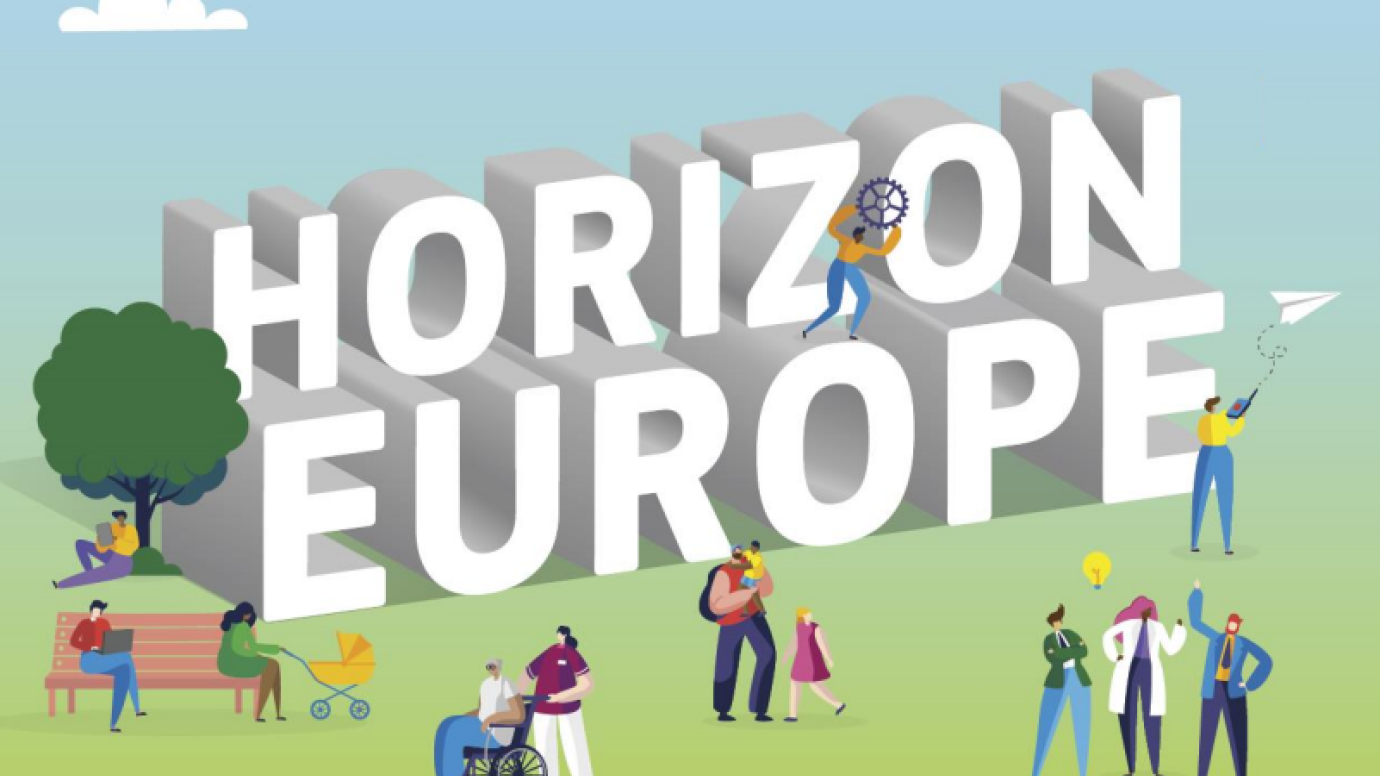Marie Skłodowska-Curie Actions continue to boost research careers and EU competitiveness
The recent Horizon Europe mid-term evaluation highlights their strong performance and structural impact in supporting research excellence, talent mobility and institutional capacity.

The European Commission’s interim evaluation of the Horizon Europe research and innovation programme confirms the important role played by the Marie Skłodowska-Curie Actions (MSCA) in advancing excellent science, supporting research careers and strengthening the competitiveness of the European Research Area (ERA).
MSCA projects have already produced a significant amount of scientific outputs, while continuing to attract top research talent and fostering collaboration across sectors, disciplines and borders. This is despite the fact that only a limited number of projects had started at the time of the evaluation.
Supporting excellent science through bottom-up research
The MSCA’s bottom-up approach remains highly valued by researchers, who appreciate the flexibility to define their own research agendas (91% of Postdoctoral Fellows surveyed) and focus on fundamental research (86% of Postdoctoral Fellows surveyed).
Interdisciplinary and inter-sectoral mobility opportunities also rank among the programme’s most appreciated features.
At the time of the evaluation, MSCA projects accounted for 5% of all Horizon Europe peer-reviewed publications - a significant figure given that most MSCA projects from the 2021 and 2022 calls had only recently started, and scientific publications typically only materialize much later in the project lifecycle.
The evaluation highlighted how Horizon Europe as a whole was able to rise up to emergencies and to adapt to changing circumstances and priorities.
In response to the Russian invasion of Ukraine, the MSCA were able to support doctoral candidates and post-doctoral researchers from Ukraine affected by the war by setting up the MSCA4Ukraine scheme, thus allowing them to continue their work safely in academia, businesses, research centres and public institutions based in the EU and countries associated to Horizon Europe.
Improving research careers across Europe
A total of 65 000 researchers are expected to benefit from MSCA under Horizon Europe, including 25 000 PhD candidates. Of these, more than 8 300 researchers had already been recruited at the time of the evaluation.
The evaluation highlights the MSCA’s strong contribution to supporting researchers at all career stages. The actions help researchers develop their skills and competences, while also improving working conditions and job prospects: 9 out of 10 surveyed researchers report that participating in the MSCA helped them obtain a research position with better career prospects.
Fellows benefit from high-quality supervision and career guidance, while organisations are encouraged to apply transparent recruitment practices and advertise positions widely. These features result in a clear improvement in the career development environment for researchers.
Strengthening research institutions and organisational capacity
Participating organisations report that MSCA funding leads to better salary conditions and more stable employment contracts for researchers, which in turn improves the competitiveness and international attractiveness of the beneficiary organisations: 9 out of 10 MSCA beneficiary organisations believe that their participation in the programme significantly strengthens their relationship with leading research organisations in Europe and beyond.
The programme also promotes the development of institutional support structures, boosts international collaboration, and provides clear European added value that would be difficult to achieve through national funding alone.
With an overall success rate of just 16%, the MSCA remains a highly competitive programme. The high number of strong proposals also points to a continued demand for funding: to support all high-quality MSCA proposals submitted so far, a sixfold budget increase - up to €38 billion would be needed.
Attracting and retaining top research talent
The MSCA continues to successfully attract excellent researchers and leading institutions.
Countries with strong research systems - such as Spain, Italy, France, Germany, the Netherlands and Denmark - remain key host countries, while the actions also help researchers return to or remain in their home countries, especially in Southern Europe.
The programme promotes international collaboration and fosters mobility both within and beyond Europe. Organisations with strong scientific networks remain highly active in MSCA: the top 1% of most networked participants account for 30% of participations, above the Horizon Europe average.
The programme also stands out in its efforts to promote gender balance, with 45% of MSCA researchers being women – well above both the Horizon Europe average (38%) and the overall EU share of women researchers (34%), highlighting that the MSCA’s comprehensive benefits have a tangible impact on restoring gender balance.
Last updated:


